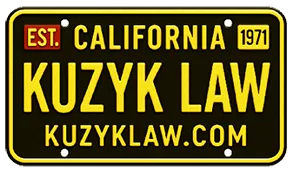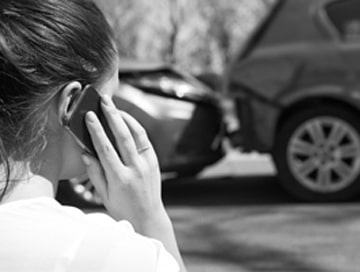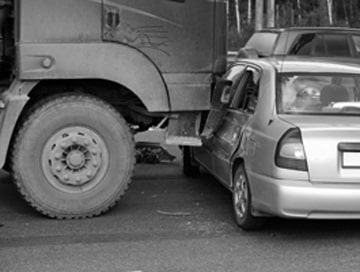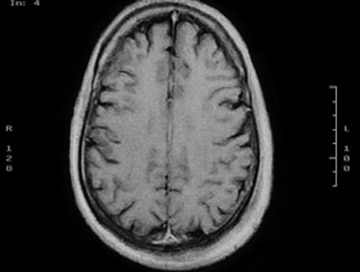“What is personal injury protection?” you might ask when you first hear the term. “Is it just another way for insurance companies to get a bigger slice of my paycheck?”
What Is Personal Injury Protection?
Hear us out. Actually, personal injury protection (PIP) is an insurance policy that you ought to consider, given the real possibility that you might encounter an uninsured driver out on the road. Personal injury insurance covers most of your expenses when a traffic accident occurs, regardless of who is at fault.
Personal injury protection usually covers:
- Healthcare costs and funeral expenses for policyholders who incur injuries or fatalities in an auto accident
- Coverage for passengers, even if they have healthcare insurance
- Other expenses, such as lost earnings or the need to hire someone to perform essential tasks due to an auto accident.
PIP policies usually have a maximum compensation amount, but your healthcare coverage usually covers any injuries whose treatment costs exceed the maximum.
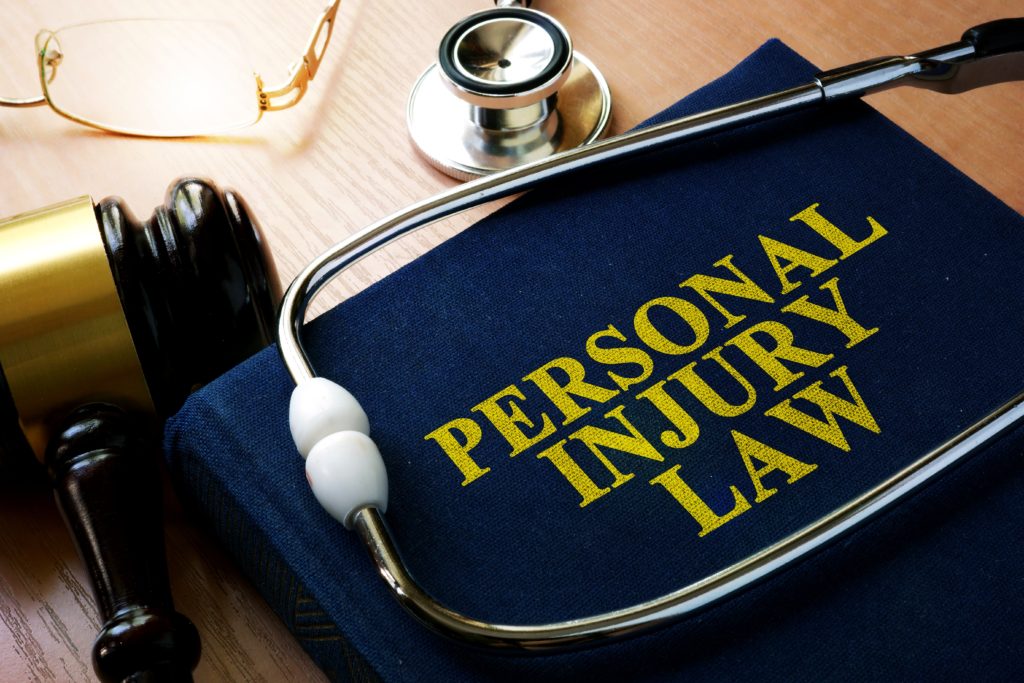
California’s Liability Insurance Requirement Fails to Protect Against Uninsured Drivers
In California, liability insurance is mandatory for every motorized vehicle. However, statistics show a little over 15 percent of the drivers you encounter on California roads won’t have liability protection — even though California provides a way for low-income drivers to purchase a low-cost liability policy.
Since research shows that uninsured drivers have a 34 percent greater risk of having an accident than do insured drivers, personal injury insurance is the best way to keep your hard-earned dollars in your own pocket in case you run into one of the uninsured 15 percent.
PIP Is Even More Critical for Out-of-State Travel in No-Fault States
When you travel out of state, having personal injury protection is even more essential. Across the U.S., 12 states, as well as Puerto Rico, require personal injury coverage since they have “no-fault” laws. Currently, states with no-fault laws include:
- Florida
- Hawaii
- Kansas
- Kentucky
- Massachusetts
- Michigan
- Minnesota
- New Jersey
- New York
- North Dakota
- Pennsylvania
- Utah
In no-fault states, all drivers involved in an accident must file claims with their own insurance companies if an accident occurs. For that reason, no-fault states require all drivers to purchase PIP.
However, just as in California, other states’ laws don’t stop uninsured drivers from staying under the radar. They drive anyway, putting everyone they encounter at great peril – especially given their higher risk factor for getting into an accident. Nationwide, the percentage of uninsured drivers is about 13 percent.
The no-fault statutes in these states usually rule out the possibility of suing the at-fault driver in case of an accident, except for when specific conditions are met. If a serious accident occurs, drivers and passengers’ injuries must meet a certain threshold determined by law. Here is where no-fault insurance regulations often differ.
Some states require that injuries reach a verbal threshold – where the descriptions of the injuries reach certain criteria. Others require that accident victims’ medical bills reach a given dollar amount, called a monetary threshold.
Several laws also require a minimum number of disability days to meet the threshold. Disability days are the number of days in which a person cannot go about his or her normal tasks.
Choice No-Fault States
Note, however, that three no-fault states: Kentucky, New Jersey, and Pennsylvania, allow accident victims to reject the threshold requirement and proceed with a lawsuit for accident-related injuries. In those states, called “choice no-fault states,” drivers can purchase either a traditional liability (tort) policy or a no-fault policy. In Kentucky, no-fault policies have a monetary threshold, while in Pennsylvania and New Jersey, the threshold is a verbal one.
Is Personal Injury Protection Required in California?
Since California is a traditional tort liability state and therefore requires all motorists to carry liability insurance, the state does not require drivers to have personal injury protection. It is, however, an option Californians should consider, given the risk of underinsured drivers.
Let’s say you become injured in a car crash here in California. You can, of course, sue the driver for not only out-of-pocket medical expenses but also for the pain and suffering you incur as a result of the accident.
However, if the at-fault driver is uninsured or underinsured and simply runs out of money to pay for all the expenses you incur, you must fall back on your healthcare (Medi-Cal) insurance to cover your medical bills. Unfortunately, healthcare insurance doesn’t cover all the expenses you will undoubtedly incur, for example, the cost of hired help to do tasks your injuries prevent you from doing, such as cleaning, minor home repairs, and other routine jobs.
If you do receive a settlement from a third party, such as a successful lawsuit, an at-fault driver’s insurance company, or your own insurance company, Medi-Cal will recover (take back) any funds for medical expenses for which they initially paid.
Furthermore, when you travel to other states, particularly no-fault states, PIP is your best protection against slipping through the cracks when you discover that you can’t sue the at-fault driver.
How Does PIP Compare with MedPay?
MedPay: Its Advantages and Disadvantages
MedPay, the insurance world’s term for medical payments coverage, covers you for medical expenses resulting from an automobile accident, no matter who is at fault. It is certainly a wise investment since it can cover deductibles, copays, and coinsurance that your other insurers (or those of the at-fault driver) do not cover. However, MedPay doesn’t cover lost wages, some rehab expenses, or other non-medical expenses you incur from an accident.
In addition, MedPay only covers expenses that are directly related to the accident. The expenses must be “necessary and reasonable” and often have strict limits on when you need to begin medical care for an injury that may arise — a factor you need to take into consideration, given some of the long-term effects of an auto accident.
It does, though, have its advantages. MedPay insurance will not require you to pay a deductible amount or coinsurance before coverage kicks in. It works hand in hand with your other insurance, including PIP insurance, to fill in the gaps, such as copays and deductibles, that otherwise you would have to pay. If you can afford both types of coverage, the car accident attorneys at Kuzyk Personal Injury & Car Accidents Lawyers highly recommend getting it.
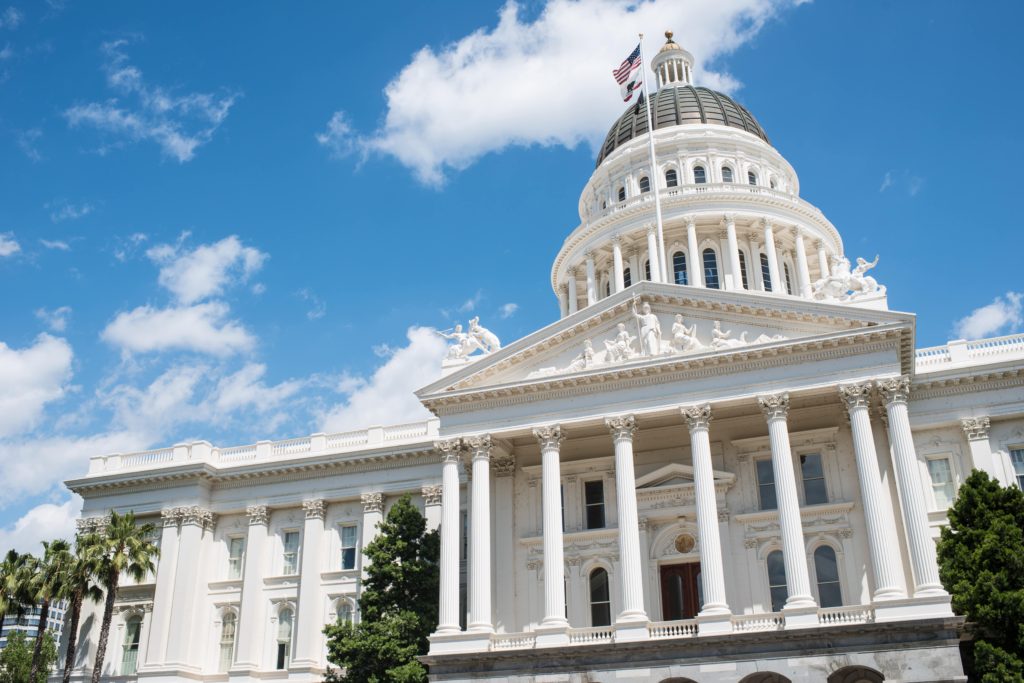
Personal Injury Protection: Its Advantages and Disadvantages
PIP, on the other hand, does cover your extra expenses. In addition, unlike your California-required liability insurance, it covers your expenses as well as the other party’s, should you be at fault for the accident.
In California, you can buy medical payments insurance that covers injuries that you and your passengers sustain due to an accident. There is a limit, however, so do your research to see if your MedPay coverage is adequate for even the most serious of accidents.
Furthermore, in an accident for which you were not at fault, PIP fills in the gap when the other party’s insurer slow-walks their claims process, keeping you from receiving a timely settlement. Since getting the other party’s insurer to provide you the compensation you’re entitled to often takes litigation to accomplish, it can take several months to receive your compensation from the other party’s insurer.
For those reasons, the legal professionals at Kuzyk Personal Injury & Car Accidents Lawyers recommend that you consider purchasing a PIP policy in addition to your MedPay coverage. Not only does it cover extra expenses, such as out-of-pocket expenses you incur, but it can cover you wherever you travel, no matter who you encounter on the road.
What PIP Pays for and Who It Covers
Personal injury insurance covers your medical expenses, lost wages, and other miscellaneous expenses that MedPay, health insurance policies, or other insurers do not. It provides you with the peace of mind that comes with having prepared for even the worst-case scenario—an accident with an uninsured driver with little to no assets to draw upon.
It covers you, the driver and policyholder, as well as other drivers on your property, your passengers, and your household members. Its coverage does not depend on who is at fault, but rather protects you from having to pay for expenses no matter who caused the accident.
Individual policies vary, so you need to make sure that your coverage is adequate for your needs. Just like any insurance coverage, policy limits, coinsurance (your responsibility for a percentage of your expenses), and deductibles apply. You need to take those into consideration when you run the numbers with your agent.
Since California doesn’t require PIP insurance or MedPay, you are free to find policies that suit both your budget and your coverage requirements. Some policies only cover a few expenses beyond purely medical care, while others cover nearly all the possible expenses you might incur after an accident. Use items from the following checklist to take with you to your insurance agent to determine which policy best meets your needs:
- Medical coverage: Ambulance service, medical treatment, radiology, surgery, hospital or rehab facility stays, medications and medical supplies, prosthetic appliances, physical therapy, occupational therapy, dental and optical procedures, chiropractic care, psychiatric or psychological care (for example, PTSD therapy, traumatic brain injury treatment, and similar needs), and at-home care.
- Final expenses: Though no one likes to think about the possibility of dying in an accident, you need to make sure that your loved ones suffer no financial loss in addition to their grief. Check to see if your policy includes embalming, cremation, funeral expenses, and burial expenses. Also, remember that your survivors will have to do without your income should you pass away due to an auto accident. If that would pose a significant hardship, get a PIP policy that furnishes coverage for the loss of your income.
- Child or other dependent care: If you care for children, a disabled adult, or a senior loved one, make sure that you get a policy that covers dependent care expenses, such as home caregivers or babysitters.
- Self-employment replacement: If you’re a solo entrepreneur or are heavily involved in the day-to-day workings of your business, you might need to hire temporary employees or contractors to replace you until you get back to work. Some PIP policies provide at least some coverage for that loss, as well.
- Home maintenance: If you cannot perform routine maintenance and cleaning tasks due to your injuries, you will need to hire service providers to take care of these household chores. Take that factor into consideration as you look for the ideal PIP policy.
In California, PIP Insurance Doesn’t Limit Your Right to Sue
Remember, since California is a state with a traditional tort law system when it comes to auto accidents, having PIP insurance in no way diminishes your right to sue the at-fault driver. Make sure that you get all the compensation you need to take care of your expenses immediately after the accident and for the years to come. Often, injuries you suffer in an accident have long-term physical or psychological consequences that surface months after the accident itself.
In addition to preparing for all possibilities with adequate insurance coverage, it pays to retain a law firm that takes your long-term recovery expenses into consideration when you need to file a lawsuit to get just compensation for your injuries. Make sure that the firm you choose has a wide range of experience with auto accidents and their aftermath, as well as an excellent track record in getting their clients a fair settlement.
It’s essential that you have representation that can advocate for you in case the at-fault driver’s insurer offers you a lowball offer to compensate you for your injuries. Or worse, some insurance company adjusters try to make you believe that you were the one at fault.
An experienced auto accident attorney in Fresno can stop such attempts in their tracks and get you the compensation you deserve. With expert analysis and factual evidence, including photos, testimony, medical reports, and even reconstruction of the accident itself, a skilled car accident attorney can make sure that you receive compensation that will support the entire recovery process—no matter how long it takes.
To learn more about personal injury protection and what it can mean for you and your family’s future in case of an auto accident, get in touch with the Kuzyk Personal Injury & Car Accidents Lawyers team. We’ll be happy to provide you with all the information you need to determine whether personal injury protection is right for you.
